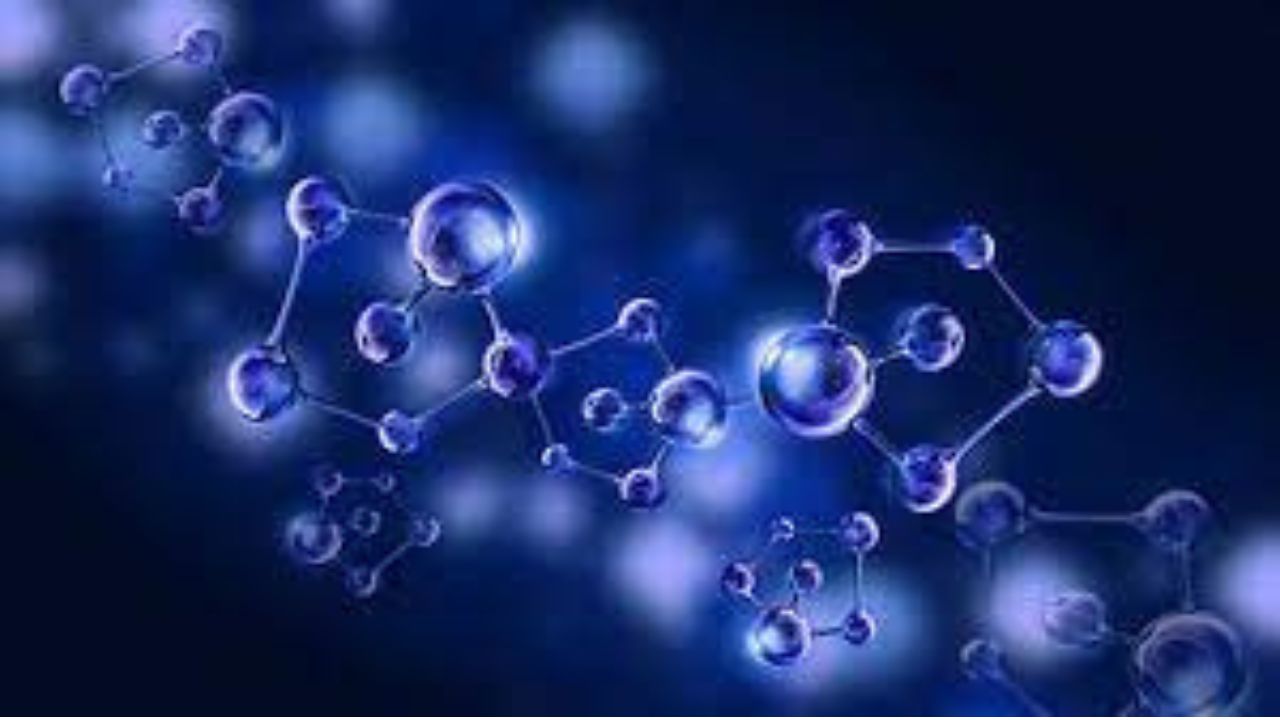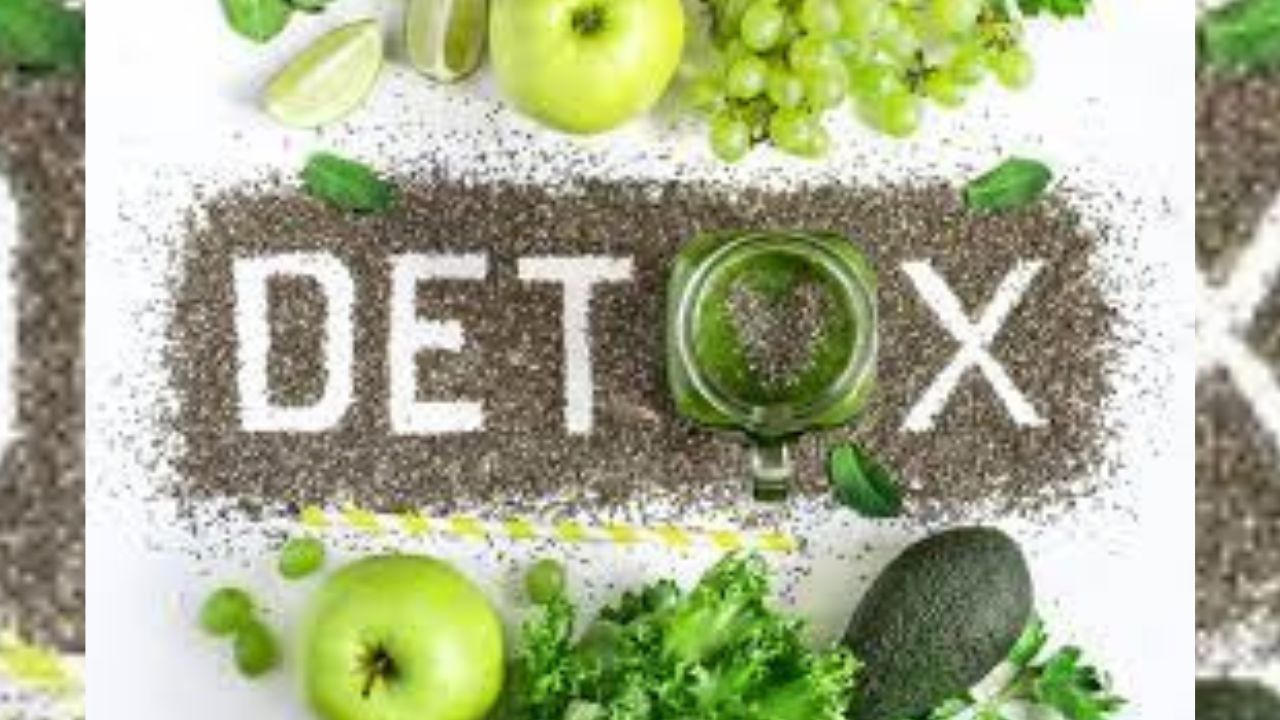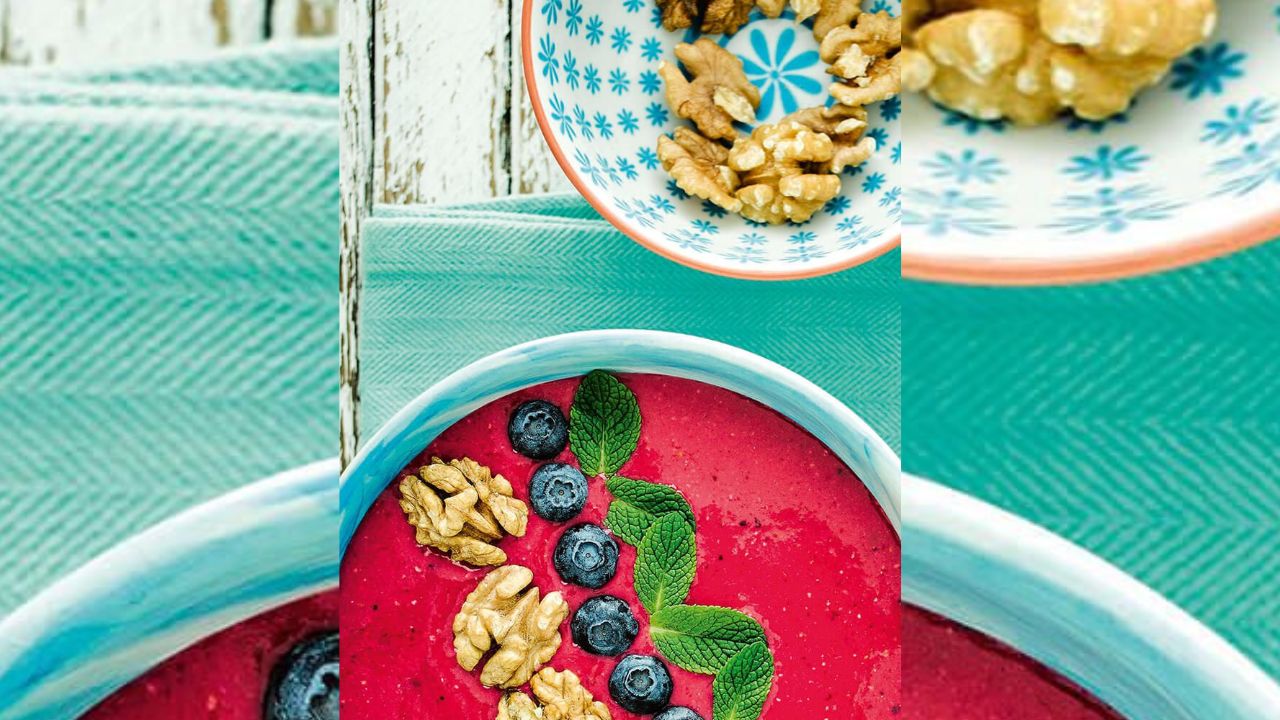Matcha
Matcha is a type of powdered green tea that is renowned for its vibrant green color, unique flavor, and potential health benefits. It is made from shade-grown tea leaves that are finely ground into a powder, resulting in a concentrated and potent form of green tea. Matcha has been a staple in Japanese tea ceremonies for centuries and has gained popularity worldwide due to its distinct characteristics and versatility. Here are some key aspects of matcha:
Nutrient-Rich:
Matcha is packed with nutrients, including antioxidants, vitamins, and minerals. It is particularly high in catechins, notably epigallocatechin gallate (EGCG), which are potent antioxidants known for their potential health benefits.


Caffeine Content:
Matcha contains caffeine, but its caffeine release is moderated by the presence of L-theanine, an amino acid. This combination results in a more sustained and balanced energy boost compared to other caffeinated beverages.
Energy and Focus:
Many people find that matcha provides a calm and alert state of mind due to the synergy of caffeine and L-theanine. It can enhance focus, concentration, and mental clarity without the jitters associated with some other sources of caffeine.


Antioxidant Properties:
Matcha is rich in antioxidants, which help combat oxidative stress and reduce the damage caused by free radicals in the body. These antioxidants may contribute to various health benefits, including reduced risk of chronic diseases.
Metabolism and Weight Management:
Some studies suggest that the catechins in matcha can boost metabolism and promote fat oxidation, potentially aiding in weight management when combined with a healthy diet and exercise.


Relaxation and Stress Reduction:
The L-theanine in matcha has relaxing properties that can reduce stress and anxiety while promoting a sense of calm and relaxation.
Immune System Support:
Matcha’s antioxidants, vitamins (such as vitamin C), and minerals (like potassium) can help strengthen the immune system and reduce the risk of infections and illnesses.


Detoxification:
Matcha may support the body’s natural detoxification processes due to its high chlorophyll content. Chlorophyll is a green pigment that helps eliminate toxins from the body.
Culinary Versatility:
Matcha can be used in various culinary applications, such as matcha lattes, smoothies, baked goods, and desserts. Its unique flavor and color make it a popular ingredient for both sweet and savory dishes.

When consuming matcha, it’s important to choose high-quality, ceremonial-grade matcha for the best flavor and health benefits. Lower-quality matcha may have a bitter taste and fewer nutrients. Additionally, while matcha is generally considered safe for most people, those sensitive to caffeine or with certain health conditions should consume it in moderation. As with any dietary change, it’s a good idea to consult with a healthcare professional if you have specific concerns or questions about incorporating matcha into your diet.
Specific Content Keywords : Matcha,Green tea powder,Camellia sinensis,Shade-grown,Tea ceremony,Whisk (chasen),Traditional Japanese tea,Zen Buddhism,Antioxidants,Catechins,EGCG (Epigallocatechin gallate),L-theanine,Health benefits,Energy boost,Metabolism,Concentration,Mental clarity,Weight loss,Culinary matcha,Ceremonial matcha,Matcha latte,Matcha desserts,Matcha smoothie,Matcha ice cream,Matcha recipes,Matcha preparation,Bamboo scoop (chashaku),Japanese tea culture,Matcha accessories,Matcha whisk holder,Matcha sifter,Matcha bowl (chawan),Matcha ceremony etiquette,Matcha and mindfulness,Matcha and beauty,Matcha and skincare,Matcha and detox,Matcha grades,Matcha farms,Matcha history.

